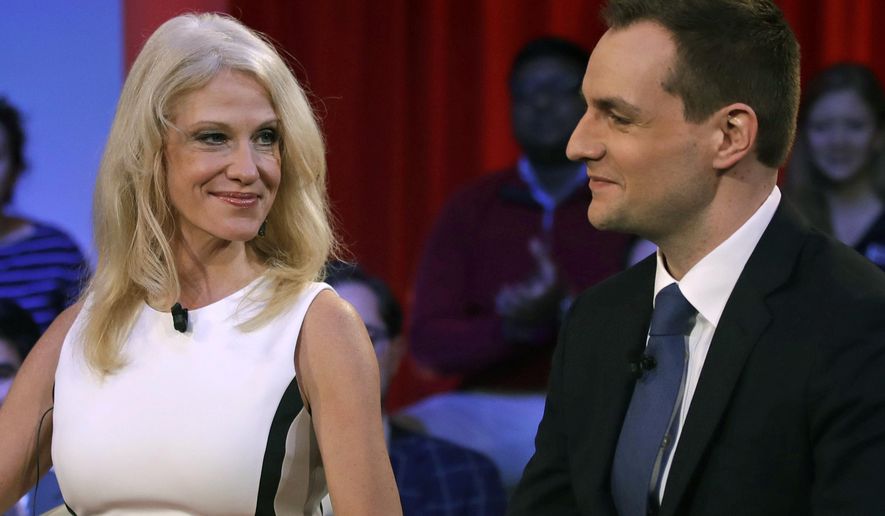Clinton campaign manager Robby Mook on Sunday blamed the Democratic presidential nominee’s loss primarily on the letters from FBI Director James B. Comey regarding her secret email server.
Mr. Mook said the letters — particularly the Oct. 28 letter to Congress saying the FBI was reviewing newly emerged emails — were an “incredibly powerful force” that depressed turnout among undecided voters as well as the women and millennial sectors key to Hillary Clinton’s campaign strategy.
“At the very end of the race, there were probably more undecideds than in a lot of races before. We do think that because the director of the FBI sent two letters in what was an unprecedented intervention in the election, a total breach of protocol — yes, I think a lot of those undecideds broke against us,” Mr. Mook said.
“In fact, I would argue that without those letters, we would have won those, and that’s why we would have won the election,” said Mr. Mook on CNN’s “State of the Union.”
The biggest disappointment for the Clinton campaign may have been the lower-than-expected support from women voters given that Mrs. Clinton had heavily leveraged her position as the nation’s first major party female presidential nominee.
“We were expected to perform better with suburban women in particular,” Mr. Mook. “We saw those numbers a lot stronger than what happened on Election Day. We do think that was because of the Comey letter.
“We saw a lot of young people go to third-party candidates. We think the letter had a lot to do with that as well,” he said. “So there were a number of reasons for [her loss], but lead among them, in my view, would be that letter from Director Comey.”
Trump campaign manager Kellyanne Conway disagreed, saying internal and external polls showed Republican nominee Donald Trump’s numbers surging even before the release of the letter.
She cited a rally at which Mrs. Clinton downplayed the impact of the email investigation, saying that voters’ opinions on it were “already baked in the cake.”
“At the time they said that, maybe it was wishful thinking, maybe they were being completely truthful. And now it’s supposed to be the Comey letter,” said Ms. Conway.
She said Mr. Trump’s message to voters had the biggest impact on the outcome, not “a letter late in the game,” although she agreed it “probably had an effect on some voters.”
“But if you want to reach suburban women, and the question is, you’re the first female running for president as the party nominee, then why is the message not really connected to them?” said Ms. Conway.
Mr. Mook also agreed that “many Democrats” wanted to see Mr. Trump nominated because he was seen as a weaker candidate than Sen. Marco Rubio, Florida Republican.
“Obviously our opinions on that changed as he progressed through the primary and was very successful by any standard,” he said.
He also took issue with Ms. Conway’s description of Mrs. Clinton as a “joyless” candidate.
“I contest that. We had a lot of fun on this campaign. I’m a joyful guy. Hillary’s really joyful,” Mr. Mook said.
• Valerie Richardson can be reached at vrichardson@washingtontimes.com.




Please read our comment policy before commenting.